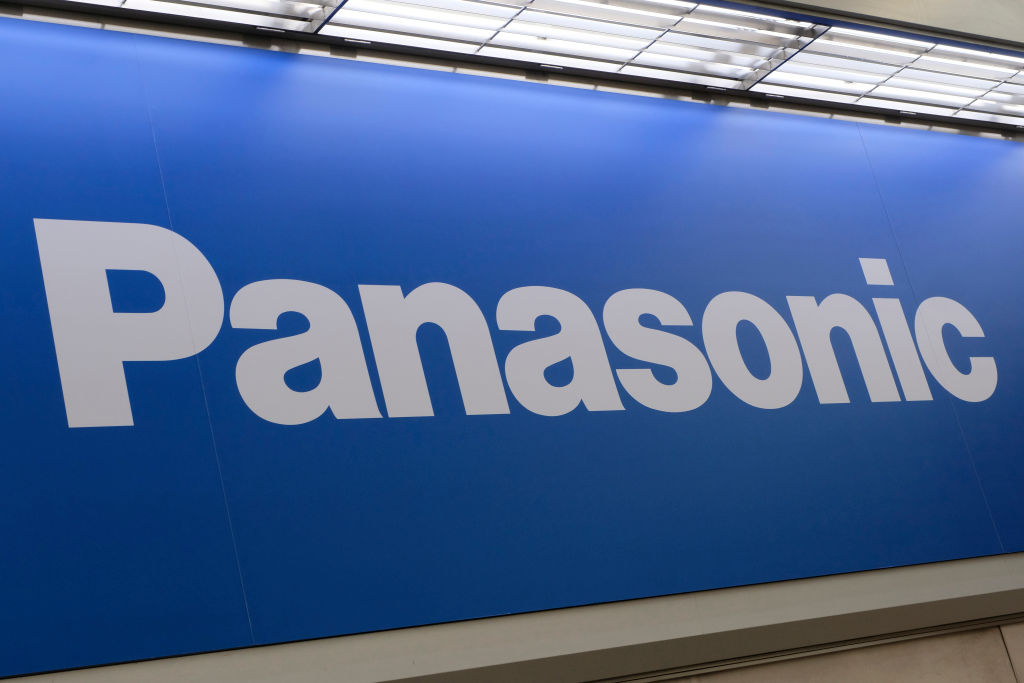Japan's Panasonic Holdings Corp (6752.T) lowered its annual operating profit forecast by 12.5% on Thursday after lower-than-expected third-quarter earnings, hit by headwinds from a slowing global economy and persistently high raw materials prices.
The company faces challenges amid a tricky outlook for global growth, as it looks to further build out its energy business, which includes making auto batteries for electric vehicle (EV) maker Tesla Inc (TSLA.O).
Supercharging innovation with the world's brightest minds. As a gateway to pioneering innovation and technology,OXAGON is where innovators and entrepreneurs work together to tackle the world's biggest challenges through extensive collaboration, digital advancements, and a vibrant ecosystem.
The conglomerate slashed its operating profit forecast to 280 billion yen ($2.18 billion) for the financial year to Mar. 31, from 320 billion yen. That compares to an average forecast of 335.98 billion yen by 19 analysts surveyed by Refinitiv.
Panasonic said in presentation materials it will aim to grow profits in automotive batteries by expanding sales of its 2170 model lithium-ion battery cells and commercialising the more advanced 4680 format battery.
The company's energy unit last month signed an agreement with Lucid Group Inc (LCID.O) to supply lithium-ion batteries for the EV maker's full lineup, including its "Air" luxury model.
The company also said it aimed to begin supplying the 4680 format battery to the North American market in the financial year through March 2024 to commercialise this model of battery cells.
Panasonic's third-quarter result, with its operating profit rising 16% to 84.4 billion yen in the three months ended Dec. 31, fell short of a mean estimate of 95.31 billion yen profit from nine analysts.
Jefferies analysts said in a note before the earnings release that the company's overly diverse business portfolio lacked focus and was centred on low-margin, cyclical businesses.
Most investors were focused on more clarity and details about U.S. Inflation Reduction Act benefits for Panasonic's EV battery cell production, such as the size and sustainability of subsidies, the analysts added.










